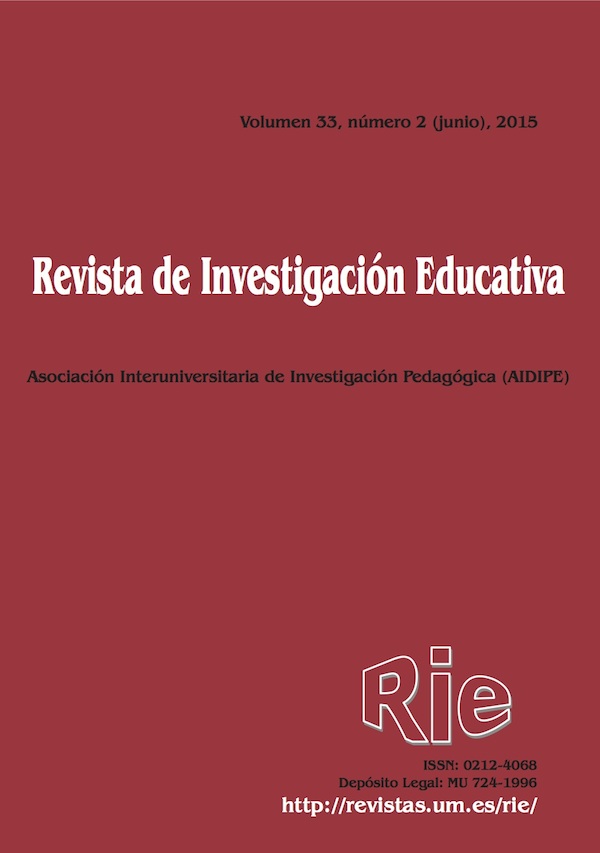Perception of the quality of life in older women and their active ageing through socio educational activities in the social centers
Abstract
This article presents a study on the perception of quality of life among female users of social institutions; and the relevance for taking part in sociocultural activities for an active ageing; as well as womens´ opinions about the most suitable educational model according to their interests and motivations. The study was conducted in social institutions located in the valley of Ricote in the Region of Murcia (Spain). Participants completed the GDS scale (psychoaffective rating scale) and CENVE (questionnaire about negative stereotypes towards aging). Results were analyzed in several discussion groups. Seventy seven women were initially selected; yet only 64 made up the final sample. Statistics analyses were conducted with SPSS v.15.0. In terms of participants´ experience in social institutions; results show that social and educational activities are well established among women. Moreover; they have an open attitude toward learning and prefer group activities.
Downloads
-
Abstract2807
-
PDF (Español (España))1520
The articles and scientific documents published in RIE abide the following conditions:
1. The Servicio de Publicaciones de la Universidad de Murcia (the publisher) has the property rights (copyright) of all the documents published and allows the reuse under the user’s license indicated in point 2.
2. All documents are published in the digital edition of RIE under a Creative Commons Reconocimiento-NoComercial-SinObraDerivada 4.0 Internacional. (legal document) license. These documents can be copied, used, distributed, communicated and explained publicly if: i) the author(s) and its original source of publishing (magazine, publisher and URL of the document) are cited; ii) it is not used for commercial purpose; iii) the existence and the specifications about this license are mentioned.
3. Auto-archive’s conditions. The authors are allowed and encouraged to digitally distribute the pre-print versions (a version before evaluation) and/or post-print (a version that it is already evaluated and accepted to its publication). This promotes circulation and distribution earlier and can increase the citations and significance within the academic community.










